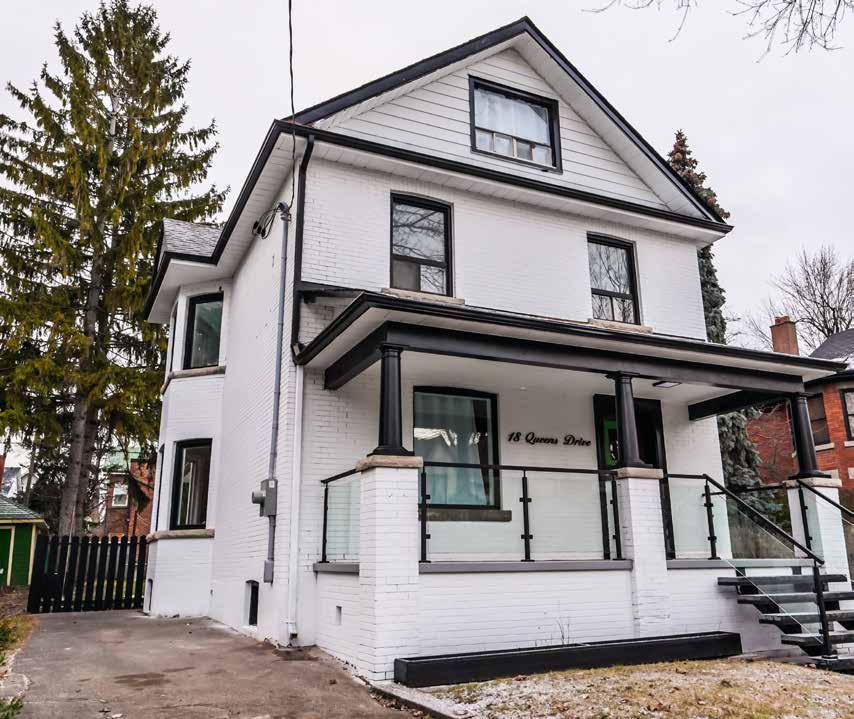
3 minute read
HOW TO AVOID PHONE SCAMS
T
he amount of spam calls increased this year - use these tips to identify potential scammers and put an end to phony calls once and for all.
Advertisement
Here are some of the most common scams around. These scams are often over the phone or through an email and can sound legitment. There is the government agency that calls demanding immediate action with a threat of arrest or legal action. Then there is the bank fraud alerts that request personal information over the phone. Free cruises or vacaton offers, free medical test kits or treatment and debt relief or credit repairs. It can be hard to tell as the caller ID can be deceiving. The call appears to be from a number you recognize, like a bank’s customer service line, insurance office, or, in some cases, your own phone number.
Neighbouring is when a call comes from a number in your area code in hopes that you’ll be more likely to answer.
It can be to tell as the caller ID can be “ deceiving and can look like a number recognize, like a bank’s customer service line, or, in some cases, your own phone number.“
If you see a call from unknown numbers do not pick up! If it is a legitimate caller they will usually leave a voicemail or send a text. Answering robocalls or spam calls increase your chances of receiving even more calls in the future.
You can check the number by searching on the web along with the word “scam” to see if it’s been reported before. If you do pick up the phone, exercise caution and avoid replying to yes or no questions like “Can you hear me?” A recorded “yes” from your voice can be twisted to mean you agreed to a purcharge. Also be careful of anyone asking personal questions or taking payments over the phone with an unverified caller. Remember that most legitimate companies like banks, credit card companies and the government all have the information that you may be asked to verify. Phone scammers often prey on people by tapping into their fears. Some scam artists are clever enough to have ready made answers to questions you have. Ask them to provide confirmation that they are who they say they are. Revenue Canada as well as other major companies do not phone clients concerning financial issues. Although it seems old school, mail is the most common form of communitcation regarding serious inquiries.

If you find yourself becoming a victim of unwanted calls there are several different options. For telephone scams and spoofing you can report the call to the Canada Anti-Fraud Centre online or by phone, or you can notify the local law enforcement. Visit http://antifraudcentre-centreantifraud.ca or call 1-888-595-8501. If you find that you are getting sales calls or robocalls you can sign up for the National Do Not Call Registry which is a free service that blocks you from receiving sales calls. If the unwanted calls continue after 31 days on the registry you can file a complaint on the Government of Canada website at: Innte-dncl.gc.ca/en/Consumer/File-a-complaint
Information and images for this article are from Buffini & Company and Adobe Stock.






Lina Brocklehurst Design excels at professional cutting and styling for men and women as well as colouring, tints, highlighting, perms and extensions. Lina provides mobile hair services during the COVID-19 crisis with a traveling radius of 1 hour from Port Credit Village. Available payment methods include:


To set up a Mobile appointment Call Lina: 289-244-8017







